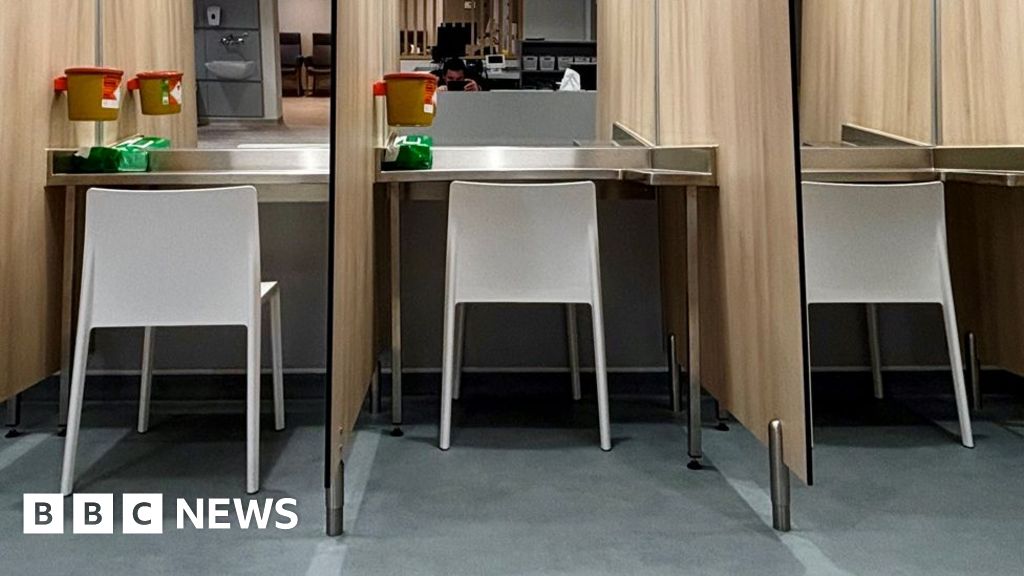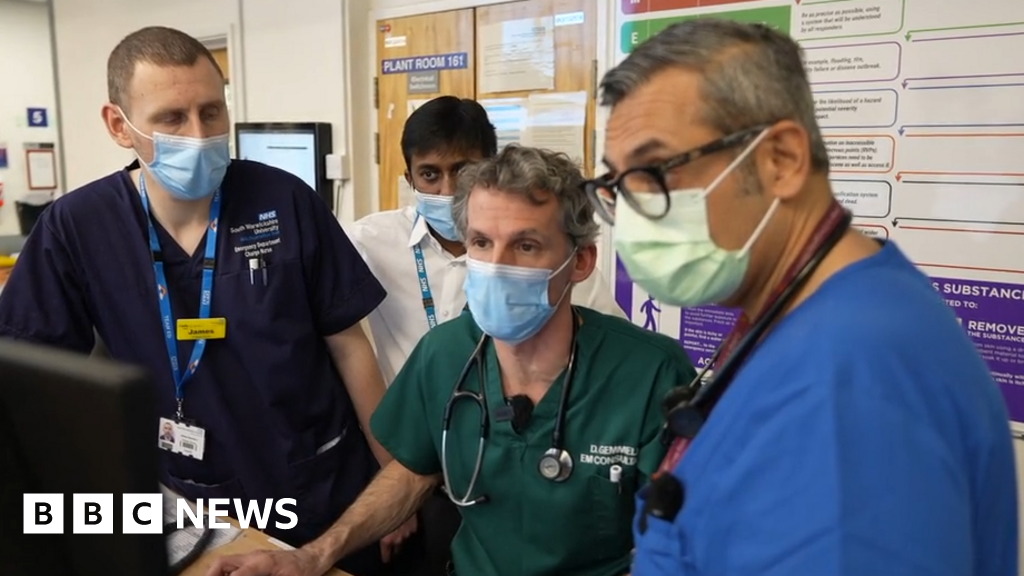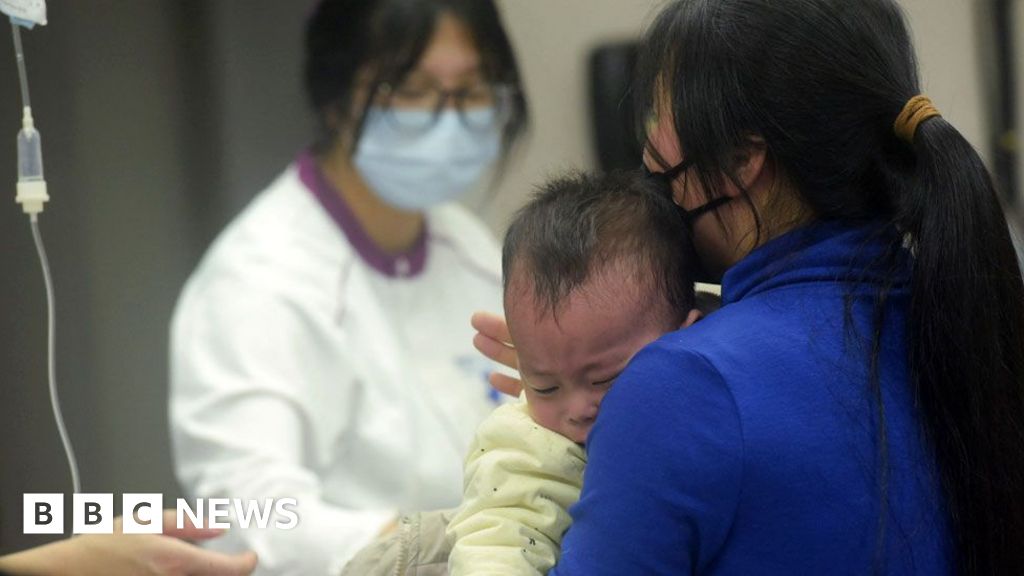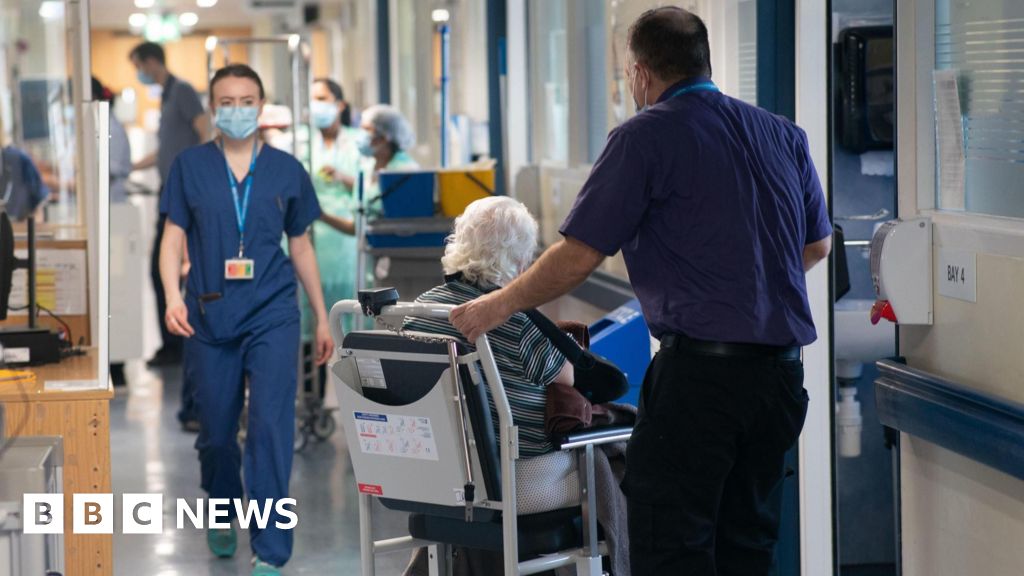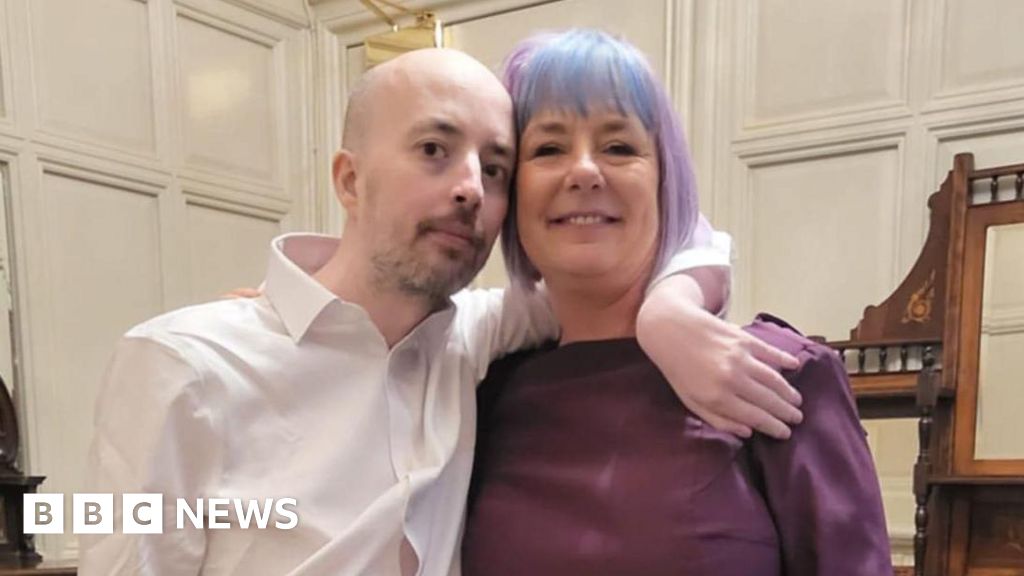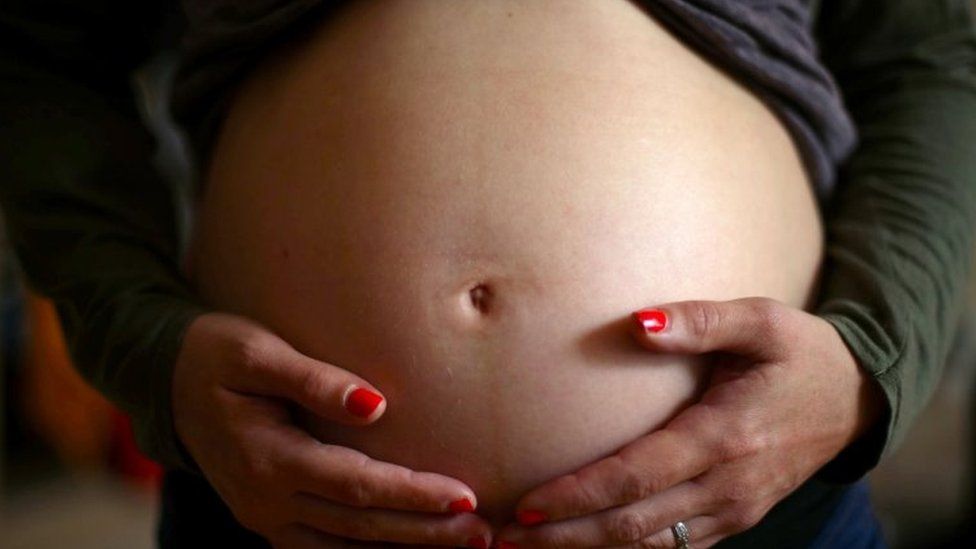 Image source, PA Media
Image source, PA Media
Pre-eclampsia occurs in about six in 100 first pregnancies, typically after 20 weeks
Scientists have grown "mini-placentas" in a laboratory to help them better understand pre-eclampsia.
Pre-eclampsia occurs in about six in 100 first pregnancies. It can put at risk both the mother and baby's health.
The international study shows it is possible to experiment on a developing human placenta.
Cambridge University's Prof Ashley Moffett said most "major disorders of pregnancy" depend on "difficult to study" early placenta development.
Image source, Friedrich Miescher Institute/University of Cambrid
Image caption,The "mini-placenta' is a cellular model of the early stages of the placenta
They used the "mini-placenta" - a cellular model of the early stages of the placenta - to provide a window into early pregnancy and "help improve our understanding of reproductive disorders".
Successful pregnancy depends on the development of the placenta in the first few weeks of gestation.
During this period, the placenta implants itself into the endometrium - the mucosal lining of the mother's uterus.
Prof Moffett, from the university's department of pathology, said: "Most of the major disorders of pregnancy - pre-eclampsia, still birth, growth restriction, for example - depend on failings in the way the placenta develops in the first few weeks.
"This is a process that is incredibly difficult to study - the period after implantation, when the placenta embeds itself into the endometrium, is often described as a 'black box of human development'."
Yet "we understand so little about the interactions between the placenta and the uterus", she said.
'Millions affected worldwide'
Interactions between the cells of the endometrium and the cells of the placenta are critical to whether a pregnancy is successful.
In particular, these interactions are essential to increase the maternal blood supply to the placenta, necessary for foetal growth and development.
When these interactions do not work properly, they can lead to complications, such as pre-eclampsia, a condition that causes high blood pressure during pregnancy, typically after 20 weeks.
Dr Margherita Turcom, from the Friedrich Miescher Institute, said: "Despite affecting millions of women a year worldwide, we still understand very little about pre-eclampsia.
"[To] really to understand it - to predict it and prevent it - we have to look at what's happening in the first few weeks."
The study, published in the scientific journal Cell Stem Cell, was supported by Wellcome, the Royal Society, European Research Council and Medical Research Council.
Follow East of England news on Facebook, Instagram and X. Got a story? Email eastofenglandnews@bbc.co.uk or WhatsApp 0800 169 183
Related Internet Links
The BBC is not responsible for the content of external sites.
 (1).png)
 11 months ago
12
11 months ago
12

